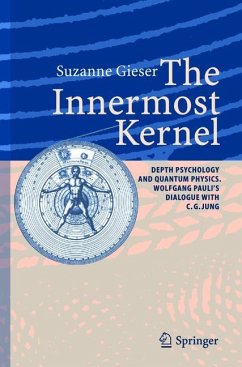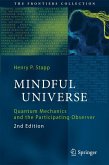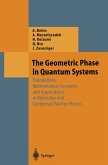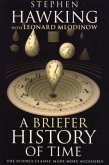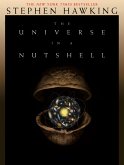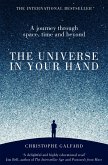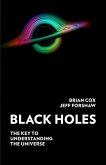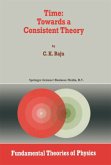From the reviews:
"This revised translation of a Swedish Ph. D. thesis in philosophy offers far more than a discussion of Wolfgang Pauli's encounters with the psychoanalyst Carl Gustav Jung ... . Here the book explains very well how Pauli attempted to extend his understanding beyond superficial esotericism and spiritism ... . To understand Pauli one needs books like this one, which ... seems to open a path to a fuller understanding of Pauli, who was seeking to solve a quest even deeper than quantum physics." (Arne Schirrmacher, Mathematical Reviews, Issue 2006 g)
"This book is a revised and extended version of a doctoral thesis for the degree in philosophy at the University of Uppsala. It is an interesting compilation of basic material concerning Pauli and his contacts and thinking in the world of psychology. It gives moreover a good review of the man behind the physicist. The book contains very extensive bibliographic notes, and specific references. In brief, a must, for the interested reader. The hard cover book is nicely edited following Springer's high-quality standards." (Roland Carchon, Physicalia, Vol. 28 (4-6), 2006)
"Suzanne Gieser presents us with an exceptional work of scholarship, which should become a standard source of reference for anyone interested in a deeper understanding of Jung's theories and their relationship to 20th century science. ... the essential framework of her study derives its form and significance at least as much from the philosophy of science, particularly the implications for Jung's analytical psychology of the epistemological conclusions of quantum mechanics. This is really where the value of this book lies ... ." (George B. Hogenson, Journal of Analytical Psychology, Vol. 53, 2008)
"This revised translation of a Swedish Ph. D. thesis in philosophy offers far more than a discussion of Wolfgang Pauli's encounters with the psychoanalyst Carl Gustav Jung ... . Here the book explains very well how Pauli attempted to extend his understanding beyond superficial esotericism and spiritism ... . To understand Pauli one needs books like this one, which ... seems to open a path to a fuller understanding of Pauli, who was seeking to solve a quest even deeper than quantum physics." (Arne Schirrmacher, Mathematical Reviews, Issue 2006 g)
"This book is a revised and extended version of a doctoral thesis for the degree in philosophy at the University of Uppsala. It is an interesting compilation of basic material concerning Pauli and his contacts and thinking in the world of psychology. It gives moreover a good review of the man behind the physicist. The book contains very extensive bibliographic notes, and specific references. In brief, a must, for the interested reader. The hard cover book is nicely edited following Springer's high-quality standards." (Roland Carchon, Physicalia, Vol. 28 (4-6), 2006)
"Suzanne Gieser presents us with an exceptional work of scholarship, which should become a standard source of reference for anyone interested in a deeper understanding of Jung's theories and their relationship to 20th century science. ... the essential framework of her study derives its form and significance at least as much from the philosophy of science, particularly the implications for Jung's analytical psychology of the epistemological conclusions of quantum mechanics. This is really where the value of this book lies ... ." (George B. Hogenson, Journal of Analytical Psychology, Vol. 53, 2008)

